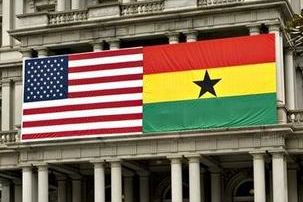Availability of inherited gold doré bars currently offered
for sale in Europe.
Details:
Product: gold doré bars
Pricing: Competitive market rates
Status: Ready for immediate transaction
Requirements: Serious end buyers only.
Important Information:
This offering comes with specific terms and conditions that
will be provided upon initial contact. We are seeking committed buyers who
understand precious metals transactions and are prepared to proceed with proper
documentation and verification processes.
All inquiries must demonstrate
genuine interest and financial capability to complete the transaction within
reasonable timeframes.
For detailed information, pricing,
and terms, please reach out directly to the seller at gflowers@almohen.com
Please include your contact information and a brief
background on your interest in acquiring precious metals.
We look forward to connecting with qualified buyers who are
ready to move forward with this opportunity.

.jpg)
